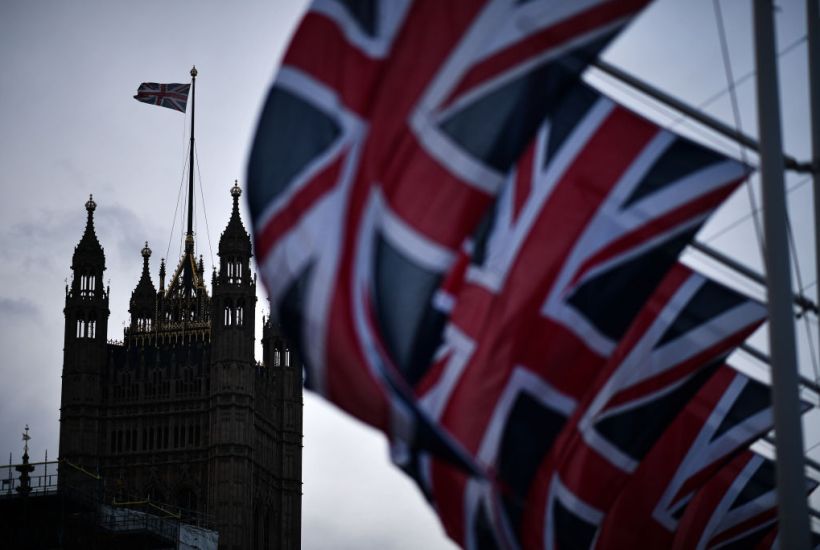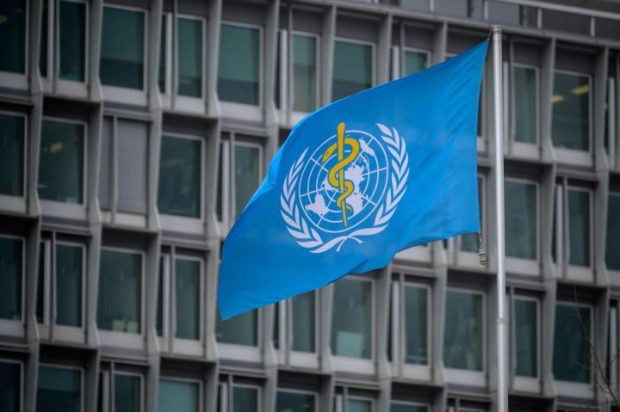The economic argument for free trade is politically more important than ever. A drift towards the use of tariffs and other protectionist measures has increased in G20 countries since the global financial crisis and there are signs that the protectionist trend could accelerate in the wake of Covid-19. This at a time when a global economic recovery will urgently need the boost that trade offers.
One of the great opportunities of Brexit is that the UK can lead the world, with countries like Australia, in championing free trade. The UK has made clear that signing free trade agreements is a top priority as it leaves the EU’s customs union. Negotiations with the United States are now under way, and Japan, Australia and New Zealand are earmarked as the next targets. At the same time, the UK is seeking to reach an agreement on the future UK-EU trade relationship.
But UK politicians and policymakers must not lose sight of the fact that the biggest economic benefit of trade comes from lowering barriers into one’s own economy in order to reduce costs for consumers, encouraging competition and boosting domestic productivity. To put it another way, tariffs on imports are equivalent to taxes on exports, since tariffs distort domestic prices and raise costs.
The good news is that Brexit has put decisions over trade and tariff policy back in the hands of UK policymakers. This week, the UK Government published its new ‘Global Tariff‘, which will come into effect at the end of the Brexit transition period on 1 January 2021. This sets out the tariffs that the UK will apply on imports from across the world, unless preferential tariffs are agreed under FTAs.
The new Global Tariff is a step in the right direction, since it removes tariffs on many supply chain components and a range of consumer goods, such as freezers and dishwashers. Nevertheless, free traders will be somewhat disappointed at a missed opportunity to fully grasp the nettle.
While the new policy represents a somewhat more liberal approach than the EU’s, the UK has decided to maintain high tariffs on agricultural products, such as lamb, beef, and poultry, and retain the EU’s ten per cent tariff on cars. The Global Tariff is also far less liberal than the ‘Temporary Tariff Regime‘ approach taken under the UK Government’s previous plans to leave the EU without a deal. The Global Tariff means that 60 per cent of goods imported to the UK will be tariff free, compared to 88 per cent under Temporary Tariff Regime.
There is an intuitive argument that retaining tariffs in certain sectors gives the UK bargaining power in its FTA negotiations with the US, EU and others. Indeed, Theresa May’s Government found that the liberal approach taken under its preparations for a No Deal exit meant that some countries saw little immediate gain in negotiating trade agreements with the UK, most notably in the case of Canada.
It should also be recognised, however, that delaying unilateral liberalisation comes with an opportunity cost. In 2010, the Australian productivity commission, in a major review of Australia’s trade policy, noted the potentially counterproductive effects of delaying domestic reforms to preserve ‘negotiating coin’ – the ability to trade off tariff reductions in bilateral trade negotiations. By definition, bilateral agreements are contingent on negotiations with others, and the more sectors the UK seeks to protect, the more difficult these negotiations will be. In contrast, unilateral liberalisation is under the UK’s own control and British consumers can reap the benefits immediately.
Ultimately, the UK’s remaining tariffs risk becoming a distraction from the trade issues that matter most to the UK’s economic strengths: services, investment and the data-driven economy. The experience of Australia, New Zealand, Canada and Singapore, illustrates that unilateral tariff liberalisation can be coupled with the successful conclusion of FTAs. These countries are also at the forefront of the global debate on trade in services and data.
The UK appears to have taken the view that the immediate priority is to preserve some leverage in negotiations for reciprocal agreements and to retain some protection on politically sensitive domestic sectors. However, the argument must continue to be made that trade liberalisation is a good in itself rather than a zero-sum game. Liberalising agricultural tariffs is not simply a ‘concession’ to secure a trade deal with the US or anyone else. It offers UK consumers better access to high-quality, cheaper food from across the world.
Beneficial reforms should continue to be identified and pursued as part of normal UK policymaking, and need not necessarily be delayed as bargaining positions for possible future negotiations, particularly if these negotiations take longer than planned. If the UK wants to be taken seriously as a global champion for free trade, it must be prepared to lead by example in removing tariffs and opening its market.
Got something to add? Join the discussion and comment below.
Get 10 issues for just $10
Subscribe to The Spectator Australia today for the next 10 magazine issues, plus full online access, for just $10.
Alexander Downer is chairman of Policy Exchange. He was Australian High Commissioner to the UK and previously Australia’s foreign minister




















Comments
Don't miss out
Join the conversation with other Spectator Australia readers. Subscribe to leave a comment.
SUBSCRIBEAlready a subscriber? Log in